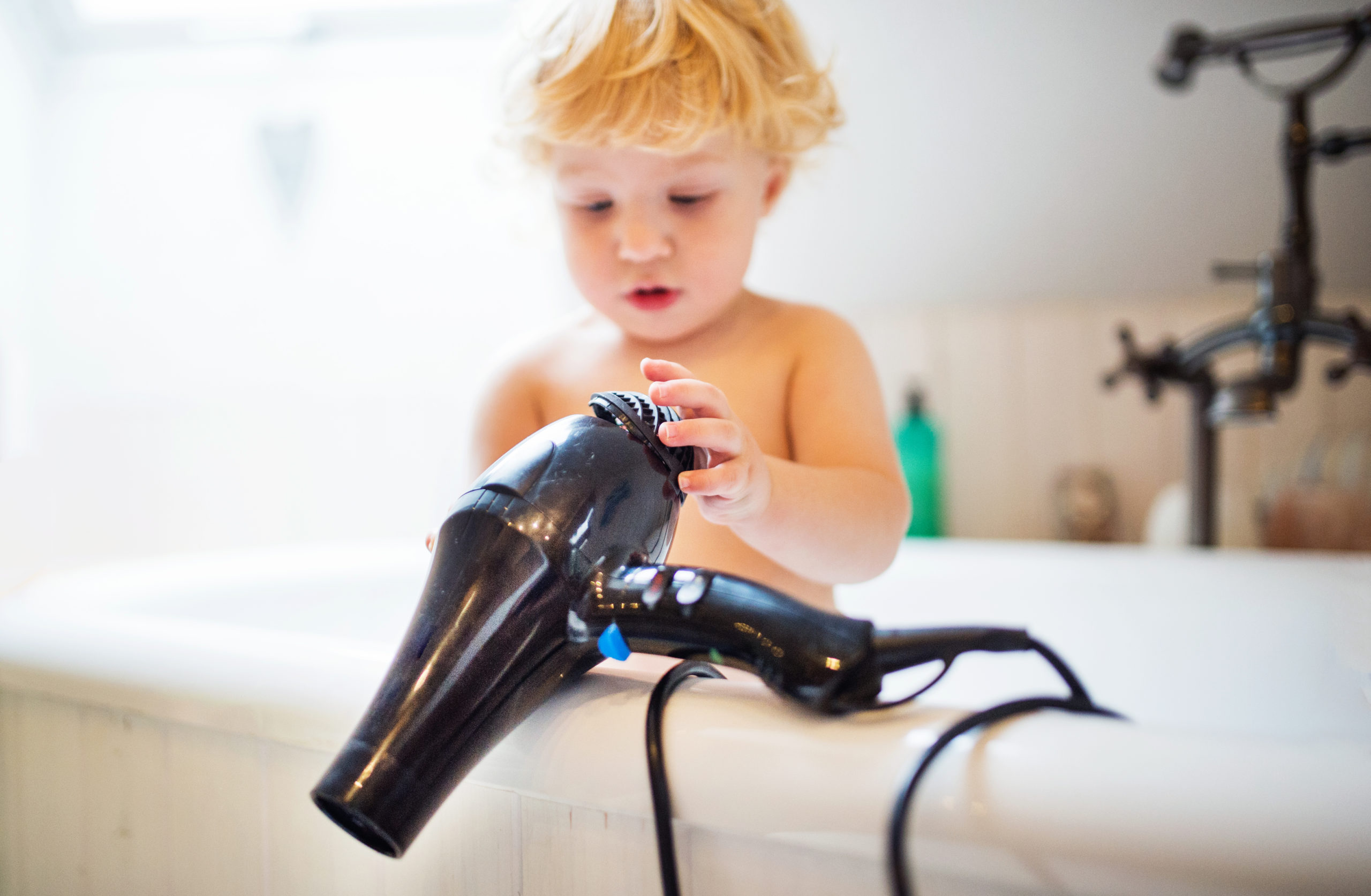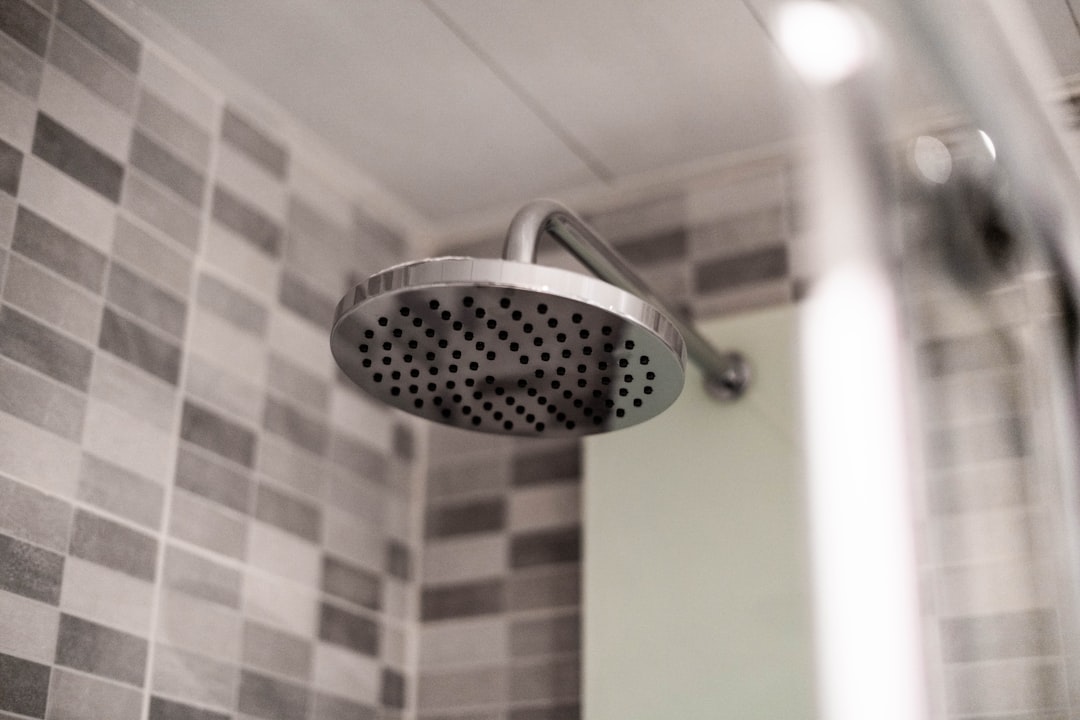
Individuals with epilepsy need to be conscious of the fact that the condition can cause seizures, often without any warning. Anyone who has been diagnosed with epilepsy should be extra cautious around the house, but particularly in the bathroom. Bathrooms often have a number of hazards for those with certain health conditions, but the good news is that there are steps you can take to protect yourself or any member of your household if they’re experiencing epileptic seizures. If you’re not sure what steps to take, keep reading for bathroom safety tips for a loved one with epilepsy.
What are some bathroom safety tips for loved ones with epilepsy?

If your bathroom hasn’t been equipped with safety features, that’s the best place to start. If don’t have a shower that has safety features like a grab bar or a shower bench where they can sit, you should look into a replacement shower that will better meet their needs. Grab bars near the toilet are also a good idea. Bathrooms should also be well-lit, as being able to see clearly is a necessity for anyone with epilepsy. Sharp objects or anything that could be a hazard should be stored out of reach, preferably in a cabinet or a drawer.
When you’re able to, it isn’t a bad idea to stay close by when they use the bathroom, so you can get there quickly in case they need assistance. Non-slip mats are a smart addition to the floor, especially if you have tile flooring. If you use the bathroom or you notice any water on the floor, clean it up right away to avoid creating more hazards. Epilepsy medication should also be easily accessible so that the patient can get to it when they need it.
You also need to be aware of the protocol regarding first aid for seizures. The first thing to do is to stay calm and call for medical help. Try to avoid touching or restraining the person having the seizure, as this can make it more difficult for them to recover. Move the person to a safe place where they will not bump their head or fall. Make sure they are lying on their side so they will not choke on their tongue. Stay with the person until the seizure has ended and they are fully recovered.
What is epilepsy and how does it affect patients?

Epilepsy is a neurological disorder characterized by recurrent seizures. A seizure is a sudden, uncontrolled burst of electrical activity in the brain. Seizures can cause a wide variety of symptoms, including convulsions, loss of consciousness, and uncontrolled movements. It is a relatively common condition. It is estimated that one percent of the population in the United States is affected. It can occur in people of any age but is most common in children and older adults. The cause is unknown in most cases. However, seizures may be the result of a variety of problems, including brain tumors, strokes, head injuries, and genetic disorders
There is no cure for epilepsy, but medications and lifestyle changes can help control seizures. Some people with epilepsy may require surgery to remove the cause of their seizures. It is most often treated with a variety of medications. The most common medications used to treat epilepsy are called anti-epileptic drugs (AEDs). AEDs work by reducing the number of seizures a person has or by stopping seizures from happening. AEDs come in many different forms, including pills, liquids, and injections.
Informing yourself about epilepsy and how to help your loved one should be a priority. That way, you can assist them in making appropriate adjustments at home to keep them protected. The bathroom poses more risks than most other rooms and may require some remodeling to make it as safe as possible. Adding grab bars, non-slip mats, and ensuring that hazards like sharp objects are put away are all important measures to take. You also need to make sure they’re taking their medication regularly and that it is easily accessible to them. All of these changes can have a significant impact on their overall quality of life.



